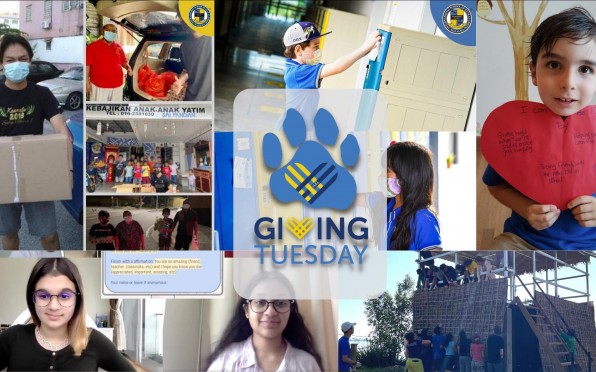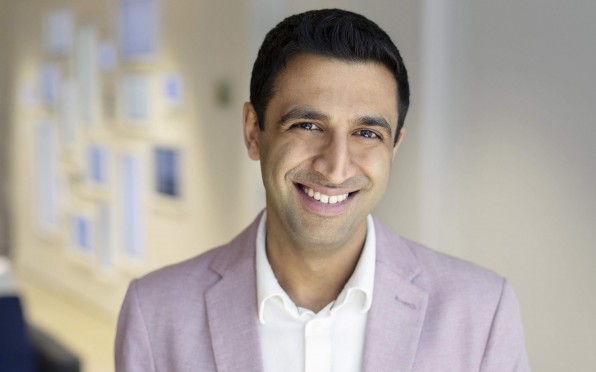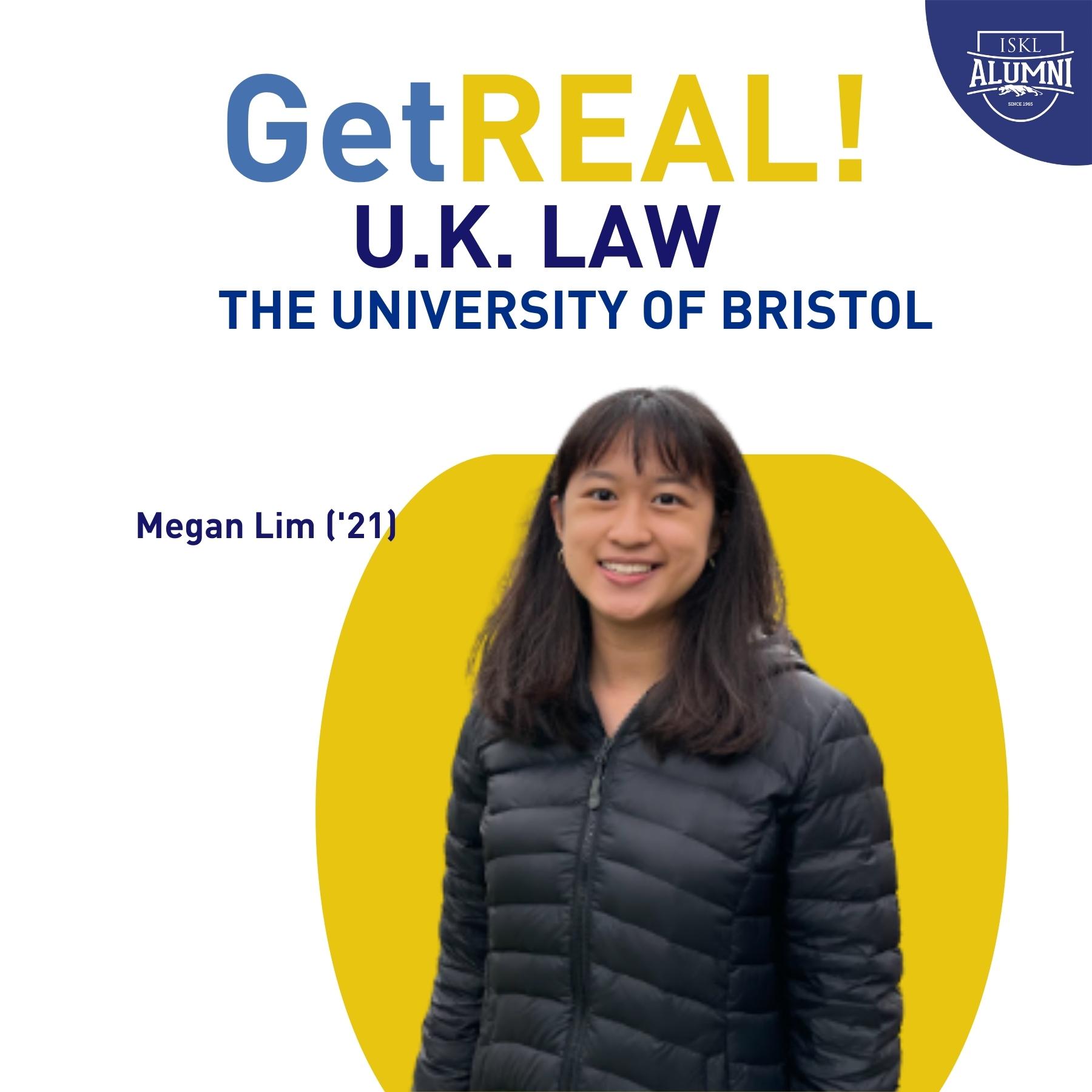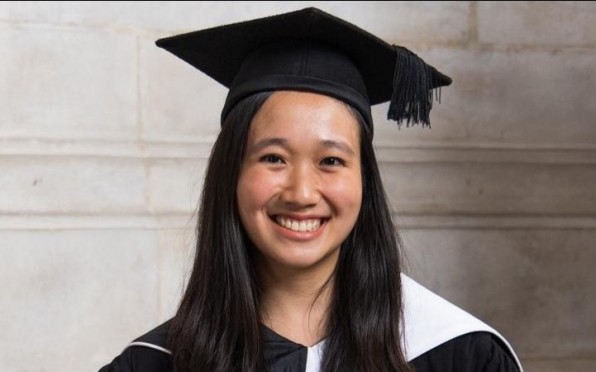Marije Walker & Mees
“In all of my years working with third culture kids/cross culture kids I have never been so touched by the unique style that this book has and the spirit of where we call ‘home’ lives.” Christine Wright, Elementary Counsellor, ISKL
Marije Walker, ISKL Alumni Parent and mum to Mees, describes her time as an expat in Kuala Lumpur, from 2018-2020 as an opportunity to get out of her comfort zone and try new ways to express herself. For her, a former senior marketer for Allianz, one of the manifestations of that new attitude was authoring a book, World Kids Journey. The journal-style book is designed to help children like Mees deal with the upheaval and transition of moving to another country; helping them to tell their own story through interactive activities.
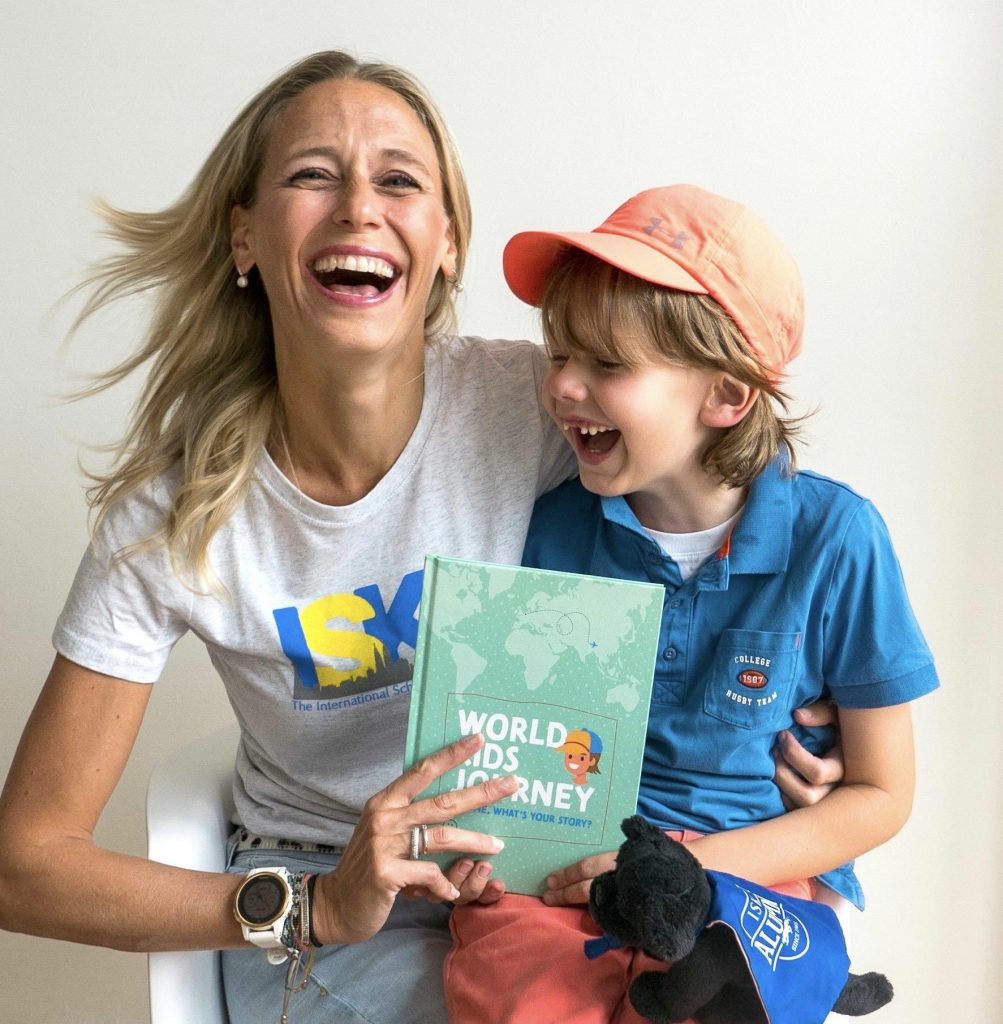
At just 5 years of age, Mees started in Prep Senior and, like all children moving from another country to a very new and different environment where he didn’t speak the language, had his challenges. It was that experience, and the steps Marije took to help Mees find ways to express his feelings, that ultimately led to the book.
Although frequent travellers to Asia, this was Marije’s family’s first expat experience and one of which she enthuses, “…wow, I loved this adventure!” Marije shares her “adventure” with
Lynette MacDonald, ISKL’s Director of
Development and Alumni Engagement.
LM – Did you experience culture shock on leaving the Netherlands for a country on the other side of the world? How did it affect Mees, the narrator of this book?
Luckily we have travelled a lot throughout Asia and visited KL a couple of times. Also when the decision was made to move to KL we have previsited the city to search for housing, school etc… so it wasn’t a big culture shock. It think the fact that we loved Asia during travelling, it wasn’t that difficult to get used to the Asian lifestyle. Although there are some differences notifiable; crazy traffic, eating habits, too relaxed way of living and getting things done. Living in an overseas country is definitely not the same as visiting a country from a tourist point of view.
We arrived about two weeks prior to the first week of school. The first days my husband immediately had to work and I spend time to get used to our new ‘normal life’. Figure out where to buy groceries, (for us as Dutchies one of the main goals was to find a place where to buy cheese), what is the best bakery, how far is it to the city centre, a good general practitioner, which are nice places to visit with a child, best hairdresser for blondes and arranging our financial stuff.
The last part was a little shock to me for my independence relying on one salary
Back home I was in charge of all our finances and in KL, because I didn’t’ a have work permit, my husband was the one who had to arrange a lot of things. It felt a bit of my independence as a woman was taken away.
The first days in KL felt like a holiday. The first days Mees was excited about our new home, the swimming pool, the weather and to go to his new school. After we visit the introduction day of school we had the feeling to get to a structured life. During this introduction day Mees was excited and surprised by all the facilities, saying, ‘Mum, there is even a bookstore! (ES library) and a construction site in the classroom. I hope I am allowed to play with it’.
The first day of school / first week was a bit hard and challenging (not only for Mees…). New school, new teacher, new classmates, a different language. Our son didn’t speak English at all. To leave my little boy behind in a room of teachers and kids who he didn’t know and couldn’t understand; at that moment I felt the warmth and support of the ISKL community!
LM – Did you seek out support? How much is there out there for families, and children in particular?
I had read some articles/blogs on the internet about moving abroad, but I noticed there wasn’t something nice for little children to support them and create their own story in a big transition as moving/living abroad. And we didn’t have to look far for support, it was all there in the ISKL community! I was overwhelmed by the support of the counsellors, staff and parents. Special thanks to Christine Wright, ES counsellor, she has done such a wonderful job in comforting, encouraging the young students. I love the positive vibe, the way everybody interacts with the little ones and manage to make them smile and be happy in their new life.
LM – Mees is the narrator of this book, but did the book project grow from your efforts to help him adjust to his new life?
I experienced that feelings of homesickness, sadness or sometimes anger comes up and surprises at the most random time, when I wasn’t prepared. For example when we had a lovely time at the pool with friends, out of the blue Mees said, “Now I want to go to the Netherlands.”
Or during Christmas we were back home that caused mixed feelings, Mees said, “Mum I love KL and I love the Netherlands. I
wish Malaysia and the Netherlands were neighbouring countries we could easily go to.”
These moments I have processed in the book and especially the focus on sharing your feelings, missing friends, home country etc.
For Mees and also for myself it was important to express our feelings. Almost every day (especially during bedtime stories) we talked about the day, the best/hard/challenging parts or we wrote down the happy/sad/funny moments. Mees said, “Mum, today I had a happy face!” I used our own experiences for this book. Like every family we have gone through every phase of the transition.
I don’t know if it’s our Dutch directness but also to Mees I was honest about my own situation and that I miss my friends also and have had my difficulties of settling or being homesick.
LM – How can parents support children – and is that challenging when the parents themselves are possibly experiencing similar feelings?
Always communicate with your child even if it’s hard sometimes. I used storybooks, drawings, games etc. If I asked questions, I only get a yes or no for answer, but with the games, stories, drawings you, as a parent, get more information about their real feelings/issues. We used a lot of emoticons/smileys (happy, sad, funny, angry,confused face etc.) in our communication.
In the beginning I also struggled to adjust to my new life. All of a sudden I was a stay-at-home mum in a different country. My main focus was take care of my son to be happy but I also experienced the importance of taking care of yourself, making a daily routine/structuring your day. When I was happy, positive I saw the effect on my son and our family life.
I am grateful I have met the first weeks a lot of great friends who supported and who I still have contact with wherever we live at the moment.
LM – Is this your first publishing effort?
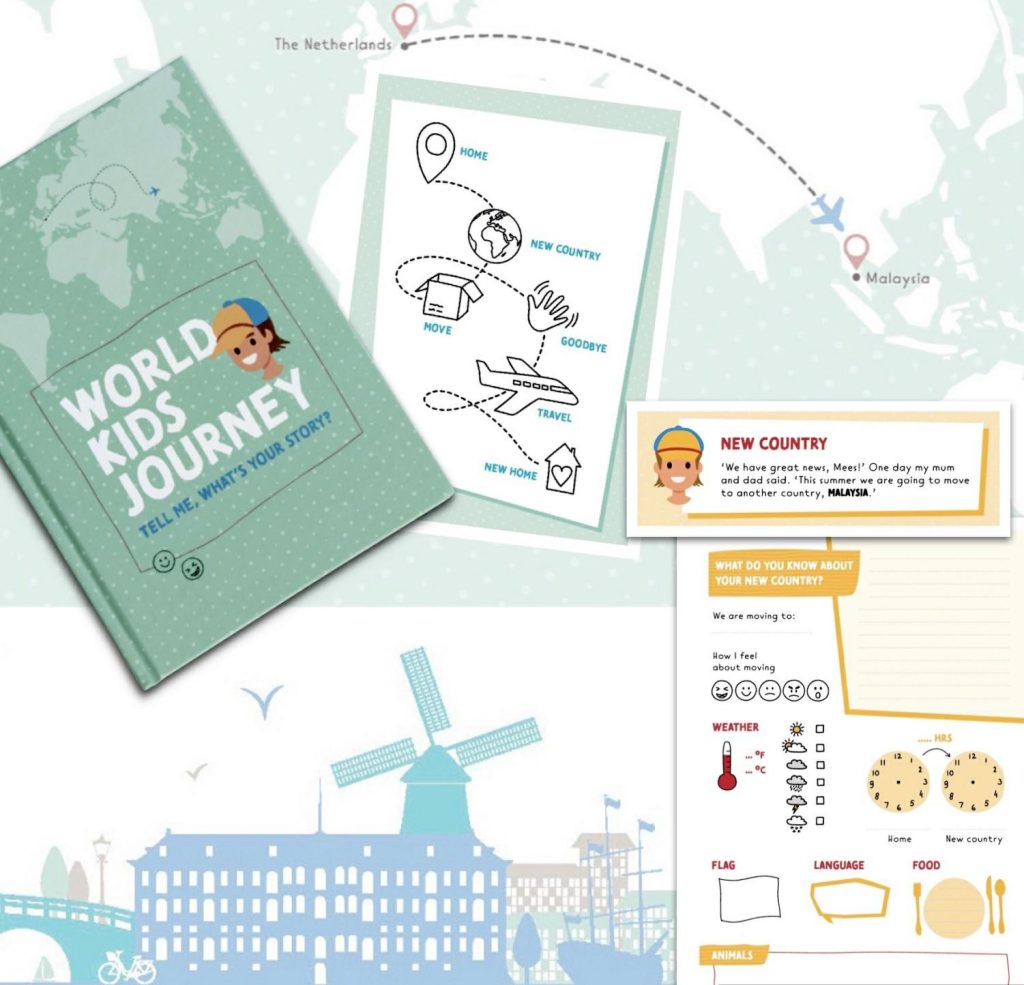
Oh my, yes I have never written or published a book. (this was my journey…) The advantage of moving abroad is stepping out of your comfort zone and you find other ways to express yourself. For me I started to write blogs and guest blogs for websites in Dutch.
When I saw our son struggling in his first months to adjust in his new life, learn a new language, make new friends, new school etc… I started to make sketches and write down my observations and wrote his story. These sketches are the start of this book.
LM – I notice the book ends in Kuala Lumpur…yet your family has moved back to the Netherlands. I know that reverse culture shock is also a real experience for many children and families when they return to their homelands. Do you plan a sequel?
Not yet, but it’s definitely an important part of moving back home. I have also
some ideas to make another book or expand the activity pages/ articles etc.. you never know…
LM – Can you pinpoint a time in your own family’s experience when you felt confident Mees was truly settled and happy? What was that moment?
Oh yes, Mees was really determined. One morning when he was happy to go to school he said, “Mum I can go to school all by myself on my scooter. You don’t have to walk with me.”
At that moment I knew he was happy and comfortable in his new life.
Living abroad was a wonderful experience. We miss the warm weather, the food (roti canai and nasi lemak), friends and the inspiring, positive community of ISKL. Our son definitely wants to visit ISKL in the future, the place where he made his first steps in his journey to becoming a World Kid and Be All You Are!
World Kids Journey is suitable for children aged 4-10 years. It is available from Marije’s website – worldkidsjourney.com



